
By Jessica Udall | Website: www.lovingthestrangerblog.com
It’s a cloudless, cool morning in Addis Ababa, Ethiopia. Strapping my nine-month-old on my back in the style of Ethiopian mothers, I leave our fifth floor apartment and descend down into the hustle and bustle of pedestrian traffic: shawled women carrying heavy loads of groceries, groups of uniformed school kids on their way to class, traveling salesmen hawking their brooms, mops, and other wares, and blue and white taxis weaving and blasting syncopated rhythms. I attempt nonchalance as I pass shade-standing onlookers who call out “Ferenj (foreigner), Hello!” and then elbow their friends and chuckle at my accented Amharic greeting.
There is no way to be cool, to fit in. I feel the eyes staring.
I am a stranger.
I duck into a shadowy shop selling aromatic produce along with all manner of convenience items. This shop will become a near-daily stop for my back-riding baby and me— for phone cards, for toilet paper, for powdered milk—but I do not know this yet.
At this point, I have only been in the country for a few weeks, and this is my first solo shopping trip. Such a simple task, yet I am nearly paralyzed with fear.
“Can I help you?” asks a teenage clerk.
He is trying to be professional but looks puzzled that a foreigner has entered his shop. I look at him, Amharic words bobbing in a sea of adrenaline, just out of reach. I take a deep breath. I blink. And finally, a single word comes out as a squeaky plea: an English word that (mercifully) is the same in Ethiopian Amharic.
“Mango?”
Relieved that I am finally speaking, the clerk smiles and starts throwing softball-sized, multicolored fruits into a hanging scale, gesturing towards the numbers and raising his eyebrows in question. I hold up my hand, “Enough.”
A second Amharic word! And he understood! The joy of communication thrills me, and I wipe the anxious sweat from my palms before reaching into my purse for Ethiopian birr.
He says a number as he ties the heavy plastic bag. But what number? I can’t remember. I ask him to repeat, looking at the available birr in my hand like it is an indecipherable puzzle. I feel stupid.
He grabs a notepad and writes the number: 27. Saved! I gasp for air, heart pounding, as I try to remember which color is for which denomination: red for ten, blue for five, white for one. After much too long deliberating, I give him exact change, say thank you, and hurry out of the store, my cheeks burning with humiliation.
I used to be good at this … this living of daily life, I think, wistfully. I wasn’t always this incompetent. But what used to work in my home country won’t work here, and I must start over. From zero. From scratch.
Things looked up from there. From the beginning, I (an awkwardly bumbling cultural baby) was warmly welcomed into Ethiopian society and helped along my way by friends and strangers alike. Even the chuckling, staring onlookers would often step in to give directions or fend off a persistent heckler when I really needed it.
Ethiopian culture as a whole is exquisitely hospitable, and I was the beneficiary of that beautiful openness. I was welcomed to that fruit shop dozens and dozens of times, to all the shops around it, and to homes and churches, weddings and funerals. I was shown love to the point that at least in my neighborhood, I was no longer a stranger, but a known friend.
After years in Ethiopia, my family returned to the United States for a season, and my eye is now magnetically drawn toward confused, newly arrived immigrants. I sense their fear and shame and frustration on a visceral level, since my own memories of those feelings are indelibly imprinted on my memory. The feeling of being a stranger is hard to forget.
But I fear for what immigrants will find when they settle in the US, or other Western countries. Will they ever lose their designation as “stranger”? Will they ever be known as “friend”? Americans are—to put it delicately —not really known for our hospitality. Our focus on minding our own business and taking care of our own can come across as cold indifference. But how can we do otherwise when individualism is the very air we breathe?
Most of what I now know about hospitality has been learned through first unlearning presuppositions that predispose me to “every man is an island” isolation. In its place, I’m following a different path, inspired by the lives of non-Westerners who have welcomed me so graciously, who have shown me that getting to know others and being known by them is one of life’s greatest gifts. I’m learning to swallow the excuses about being “too busy” to unwrap it. How can a person be too busy for loving connection?
Ethiopians welcomed me when I was a newly-arrived in Ethiopia, as I said, but I’ve also been amazed by how immigrants to the US have graciously welcomed me (a local) into their lives. Those who ought to be honored as guests are eager to become hosts—inviting me into their apartments, their circles, their confidence. Their bent towards hospitality is infectious, life-giving and paradigm-shifting for me. I shudder to think that I could have missed this: the quiet metamorphosis from stranger into beloved, more beautiful than the journey of the most brilliant butterfly.
“I was a stranger, and you did not welcome me,” says Jesus in Matthew 25. What a tragically missed opportunity. Our God is one who hides behind things that are scary, calling to us: “Come closer. Draw near to what you fear. I’m on the other side!”
In a world plagued by “stranger danger,” Jesus is dancing to a different beat. When I’m dancing in sync with him, I realize I’ve never met a stranger, even if they are from a distant place I’ve never visited.
As I meet immigrants for the first time—whether they’re overwhelmed and swimming in adrenaline like I was on that first solo shopping trip in Addis Ababa, or exhausted by year after year of cultural stress—I see Jesus standing beyond the awkwardness of new beginnings, ready to welcome us into the beauty of knowing and being known.
About Jessica:

Jessica Udall writes on crossing cultures and following Jesus beyond polarized rhetoric and into street-level everyday love for those who are different. She is married to a wonderful Ethiopian man and has two children. Her favorites include having conversations with interesting people and drinking strong Ethiopian coffee, preferably at the same time. You can visit her at her blog, www.lovingthestrangerblog.com.
Photo by HOTCHICKSING on Unsplash



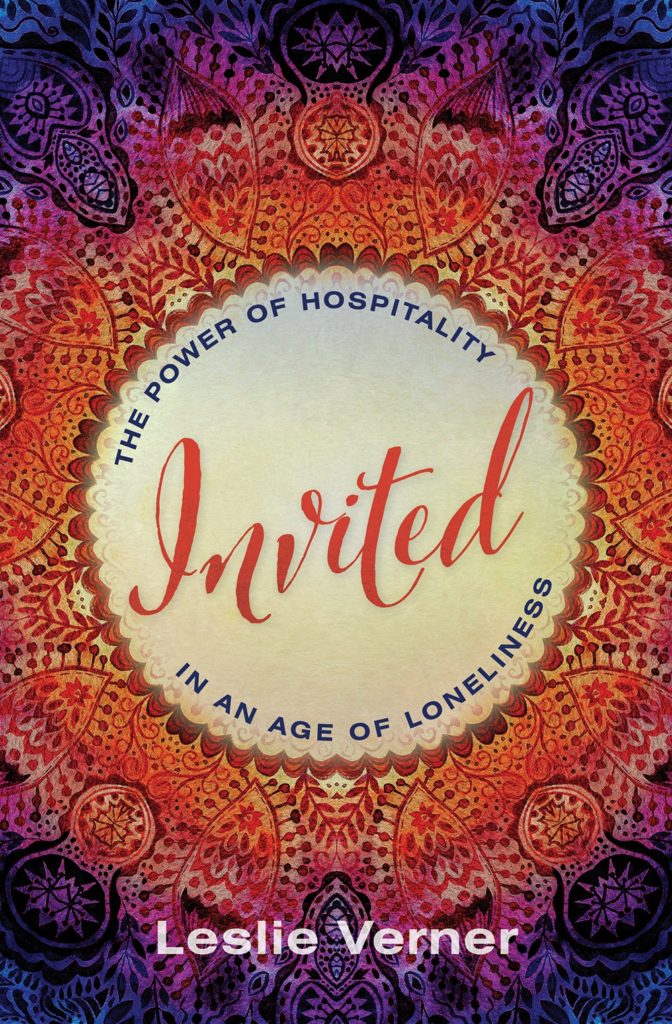




 Sarah loves words. She also loves people. And she loves weaving them together in honest and vulnerable ways that cut underneath the surface and break open the longings of the heart. She is a writer whose words breathe vulnerability and hope into longing souls. Sarah is a director for a nonprofit student center, writes for numerous international ministries, is a member of Redbud Writers Guild, and invites readers to sit with her awhile at
Sarah loves words. She also loves people. And she loves weaving them together in honest and vulnerable ways that cut underneath the surface and break open the longings of the heart. She is a writer whose words breathe vulnerability and hope into longing souls. Sarah is a director for a nonprofit student center, writes for numerous international ministries, is a member of Redbud Writers Guild, and invites readers to sit with her awhile at  This month on Scraping Raisins we’re talking about practical and impractical hospitality. Be sure to follow along on my social media channels (buttons on top right of website) and
This month on Scraping Raisins we’re talking about practical and impractical hospitality. Be sure to follow along on my social media channels (buttons on top right of website) and 
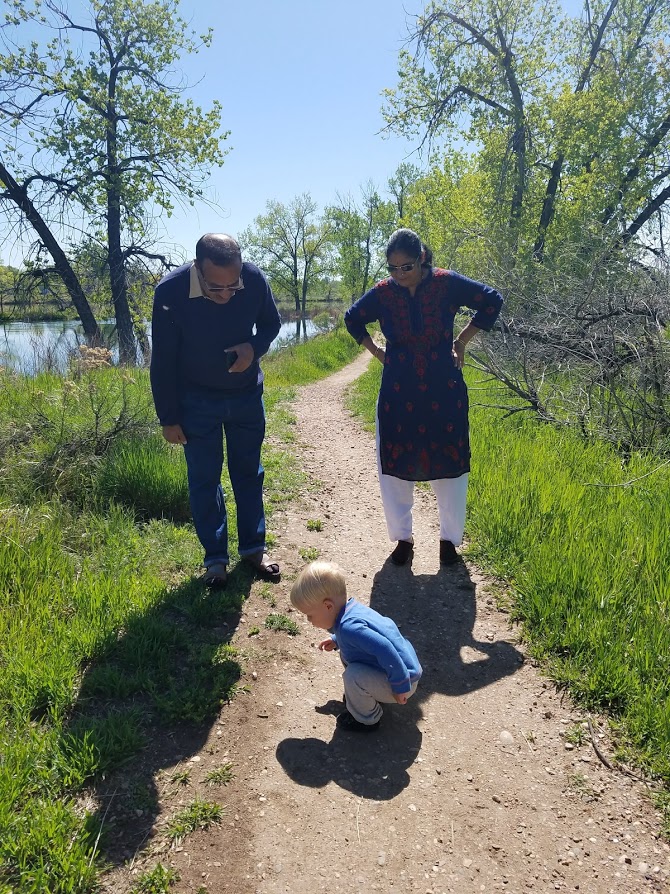
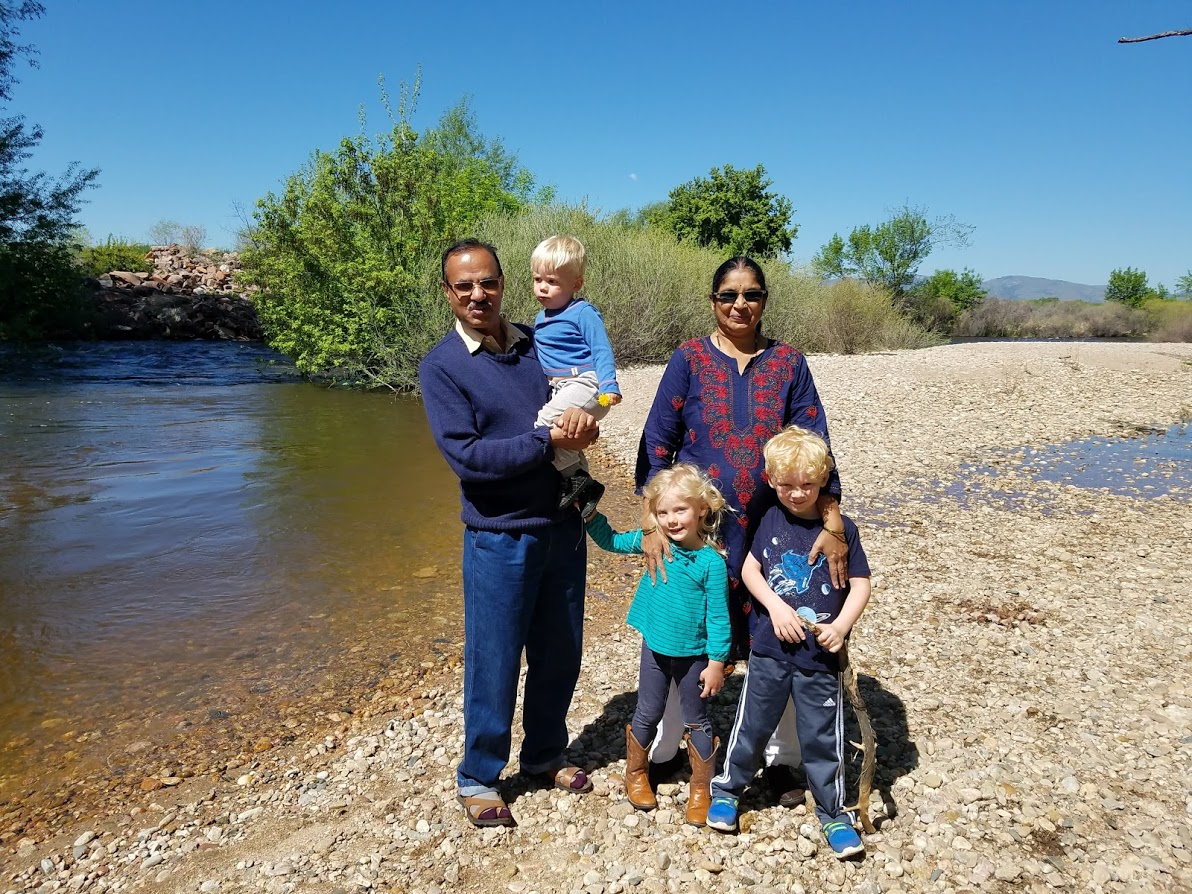
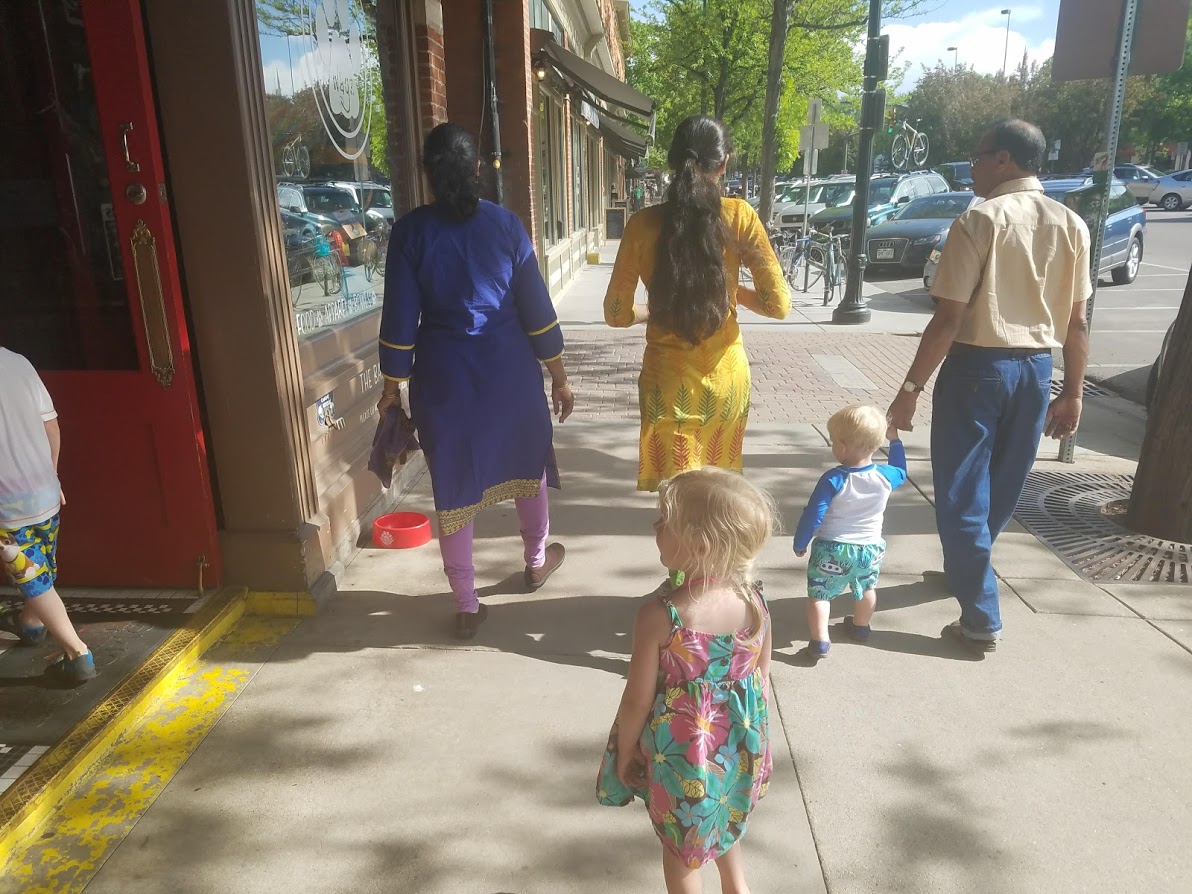


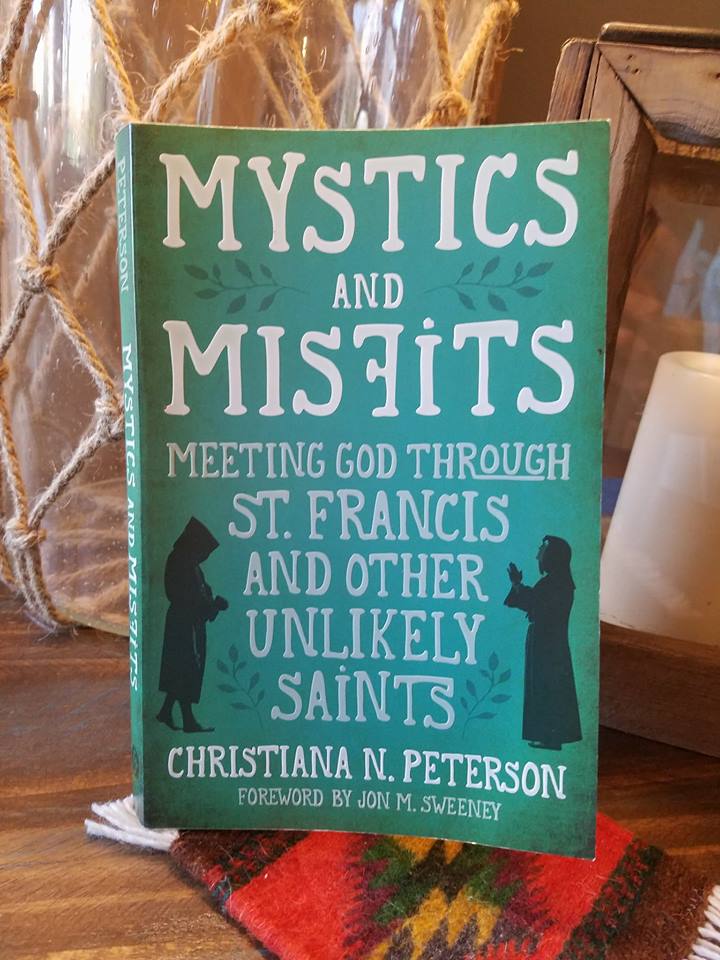
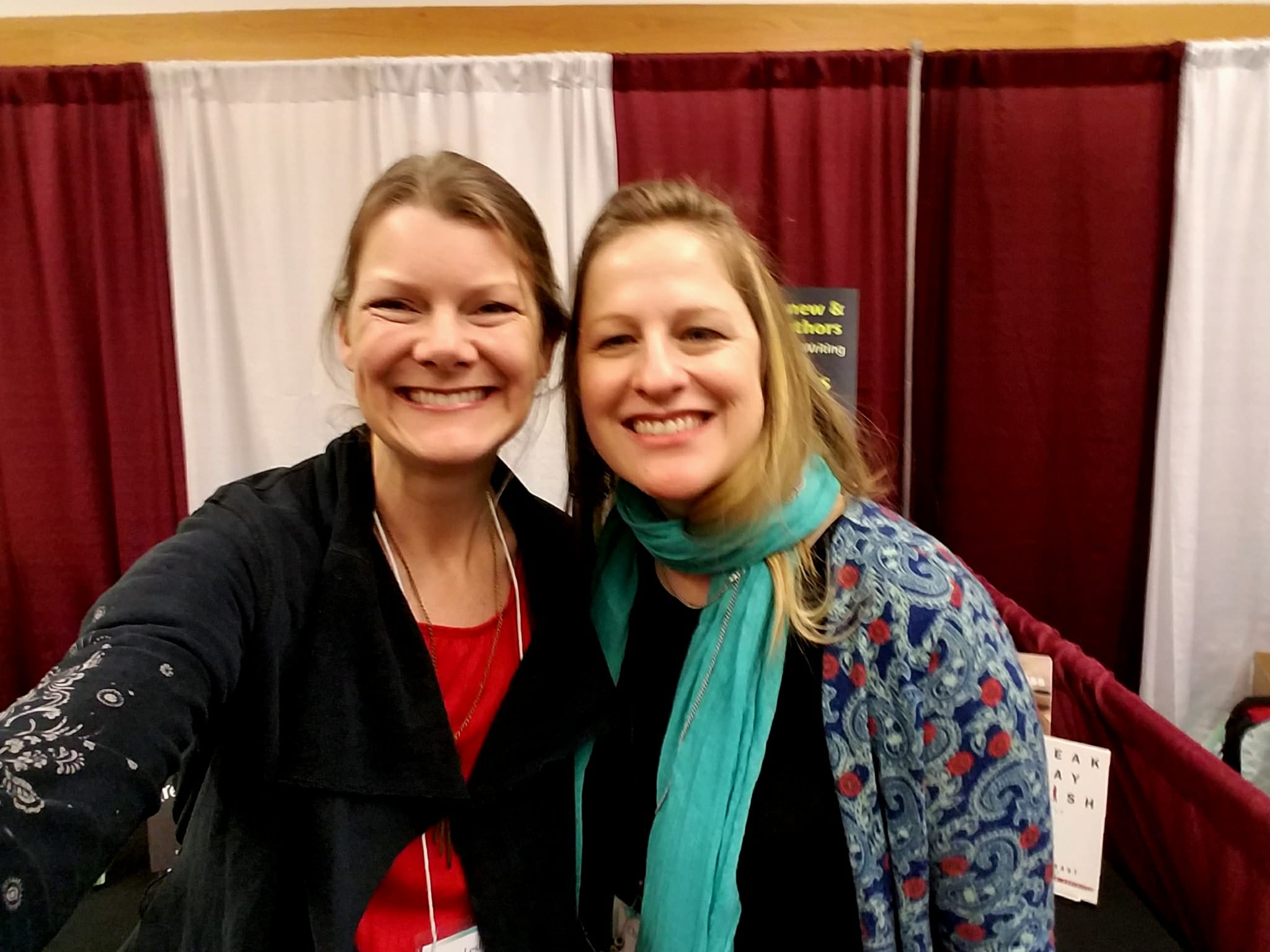
 Our theme for April is “Books and Writing,” and I hope to share my favorite books, podcasts and resources for new writers.
Our theme for April is “Books and Writing,” and I hope to share my favorite books, podcasts and resources for new writers. 
